Many women assume that once they have stopped having their periods for 12 months, they won't continue to experience the bodily discomforts that perimenopause usually brings.

In most cases, women gradually stop feeling symptoms. Unfortunately, this is not always true. During postmenopause, hormone levels may continue to fluctuate, which can bring symptoms many women are already familiar with as well as other, less common symptoms.
In this section, women can find a list of common and uncommon symptoms associated with postmenopause as well as risks of disease related to postmenopause.
Symptoms of Postmenopause
During the years leading up to postmenopause, many women experience common and uncomfortable symptoms, such as hot flashes, mood swings, loss of libido, and vaginal dryness. These symptoms usually ease gradually once postmenopause begins.
In fact, many women have reported that once they became postmenopausal, they had renewed energy and an overall feeling of well-being.
On the other side, some women have also reported feeling a few lingering symptoms that may last for as long as 10 years after menopause. Below is a list of the common and less common postmenopause symptoms.
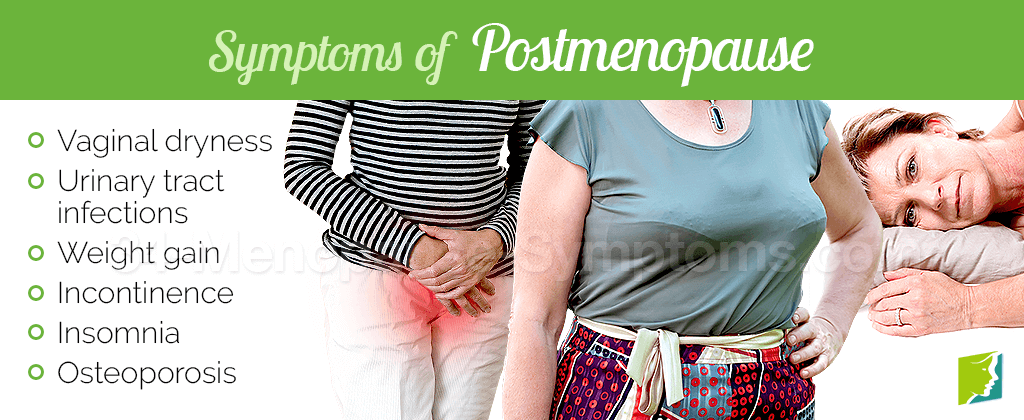
Common Symptoms
Most postmenopausal women report experiencing the following symptoms:
Vaginal dryness and itching
Once a woman's body starts producing less estrogen, her vaginal walls may actually thin and shrink in size, or atrophy. This dryness can also cause itching, soreness, and painful intercourse. Many women ease this symptom with lubrication or vaginal estrogen rings.
Vaginal discharge
Vaginal discharge during postmenopause is often an indication of vaginal atrophy that can also cause dryness and itching. Many women report that this discharge is thin and sometimes tinted with blood. Usually, this is not a worrisome symptom. If the blood flow becomes heavy or frequent, however, there may be a more serious condition present, and medical attention should be sought.
Weight gain
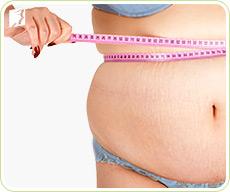
This is one of the most common and noticeable postmenopausal symptoms. Many women are distressed at this seemingly inexplicable weight gain, putting on 10 or 20 pounds when they haven't changed their diet or lifestyle. Hormonal changes are usually the primary culprit of postmenopausal weight gain since the body, in response to depleting estrogen levels, retains more fat cells in an effort to naturally boost estrogen levels. Sometimes, psychological factors such as depression and stress can contribute to postmenopausal weight gain as well.
Stress incontinence
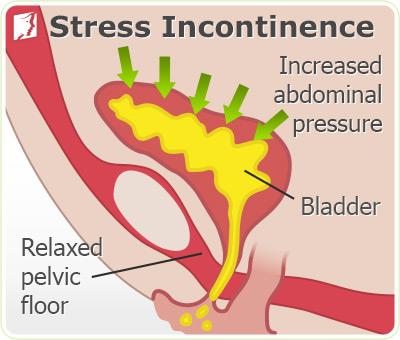
Some experts estimate that as many as 40% of postmenopausal women suffer from stress incontinence, which is the loss of bladder control that accompanies physical activity, such as a coughing, sneezing, or laughing. Estrogen is responsible for helping maintain the strength of a woman's bladder muscles, so when estrogen levels dwindle, stress incontinence becomes more likely. Women can combat stress incontinence by practicing Kegel exercises to help strengthen the pelvic floor muscles that prevent the bladder from leaking.
Urinary tract infections
Thanks to the decrease of estrogen levels, postmenopausal women are at an increased risk of developing urinary tract infections (UTIs). Estrogen is essential to maintain the acidity of vaginal fluid, so without it, a woman's vagina can become more susceptible to bacteria that can travel to the urethra and cause a UTI. Usually, UTIs are not serious and can be easily treated with antibiotics.
Insomnia
Hormonal changes can also impact a woman's sleep schedule, causing her to have trouble falling and staying asleep. The time-tested methods of chamomile tea or warm milk can help prepare the body for sleep.
Uncommon Symptoms
Although the following symptoms are reported less frequently, they may still appear during a woman's postmenopausal years.
Vaginal bleeding
Heavy or severe vaginal bleeding is rare after menopause and could be an indication that something more serious is occurring. Bleeding in postmenopause years could be a sign of certain types of cancer and should always be evaluated by a doctor. It has also been associated with certain menopause symptom treatments, like hormone replacement therapy (HRT).
Hot flashes
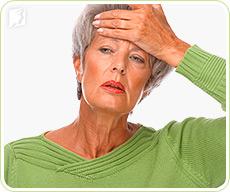
While these may have seemed commonplace before, most menopausal women experience a noticeable drop in the frequency and number of hot flashes as soon as they reach postmenopause. Although they may occur from time to time in the following years, hot flashes often don't manifest themselves quite as strongly in postmenopausal women.
When women reach postmenopause, they may be used to experiencing uncomfortable symptoms, which generally seem to fade away with time. However, with postmenopause, women should pay attention to certain health risks, which are conditions that could lead to serious diseases.
Common Disease Risks
In conjunction to the symptoms mentioned above, postmenopausal women should be aware of the heightened disease risks they face now that they have entered postmenopause.
Osteoporosis
Osteoporosis is a disease that weakens the bones and leads to an increased risk of debilitating fractures. All postmenopausal women are at a high risk of developing osteoporosis. The insufficient levels of estrogen in their bodies causes the rate of bone restoration to be outpaced by bone loss.
High blood pressure
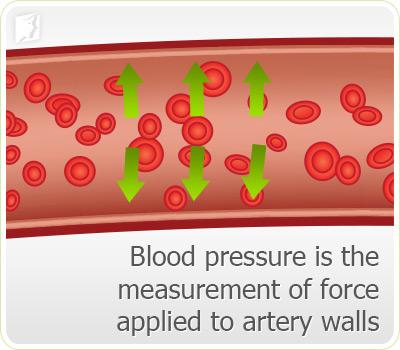
Blood pressure usually increases in women after menopause, often leading to chronic high blood pressure, or hypertension. The hormonal changes a woman has been experiencing can leave her sensitive to sodium and can cause weight gain, two factors that contribute to high blood pressure.
Women who are diagnosed with high blood pressure are at a much higher risk of developing deadly heart disease and should eat heart-healthy foods like whole grains and vegetables, limit sodium intake, and refrain from smoking.
After reading this section, you might have realized that you are experiencing some of the symptoms of postmenopause. Fortunately, there are ways to find relief. To learn about the best approaches to alleviate postmenopause symptoms, explore the postmenopause treatments section.
Sources
- Love, S. (2003). Menopause and Hormone Book. New York: Three Rivers Press.
- National Institute on Aging. (2015). Postmenopausal Health Concerns. Retrieved April 1, 2016, from https://www.nia.nih.gov/health/publication/menopause-time-change/postmenopausal-health-concerns
- University of Maryland Medical Center. (2015). Menopause. Retrieved April 1, 2016, from http://umm.edu/health/medical/altmed/condition/menopause
